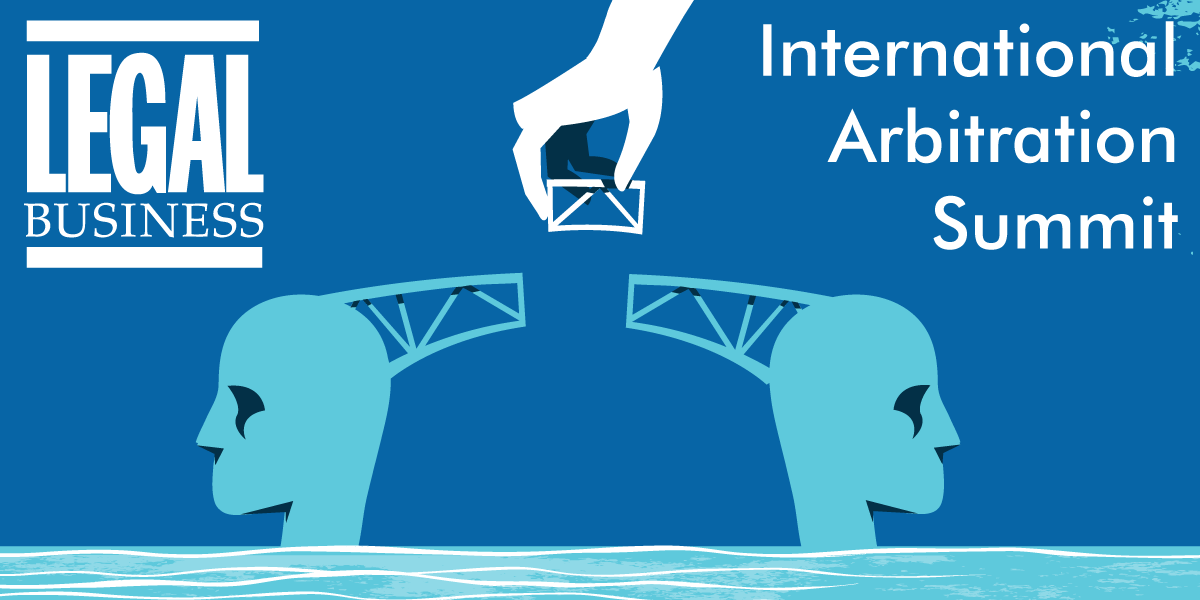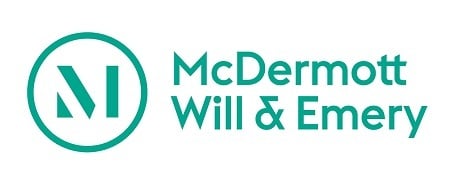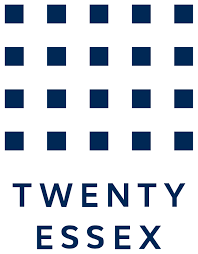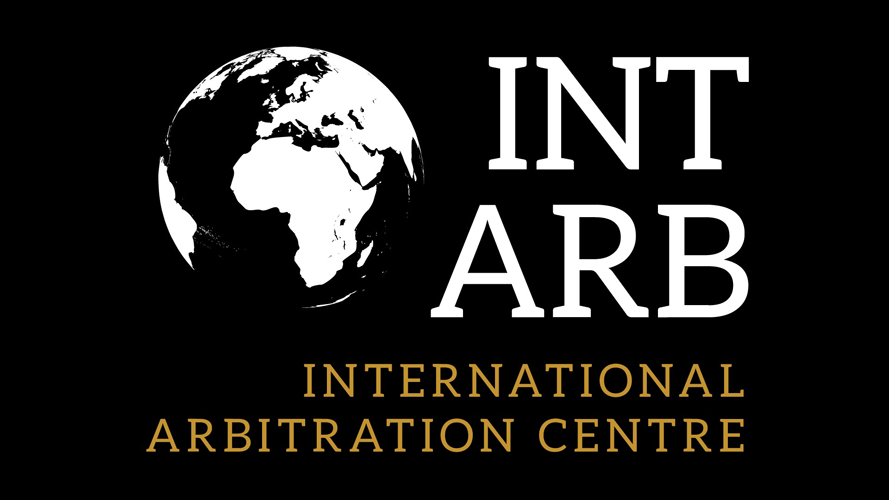Event Report
On 11 October 2021, Legal Business, The Legal 500, GC Magazine and the In-House Lawyer presented the long-awaited International Arbitration Summit as in-person event at Westminster’s stylish Queen Elizabeth II Centre.
Partnering with McDermott Will & Emery, Twenty Essex Chambers, Acolad, Gatehouse Chambers, RPC, Boies Schiller Flexner, King & Spalding, the International Arbitration Centre and Eversheds Sutherland, it marked a return to form after a year-long hiatus caused by the Covid-19 pandemic. As such, speakers and guests were treated to a lively and spirited conference that tackled some of the most pressing issues facing international arbitration in 2021.
Opening Remarks
Eversheds Sutherland partner and global co-chair of its arbitration group Jonathan Leach evoked this spirit in his opening remarks, where he praised the efforts of the London arbitration community in persevering throughout the crisis to resolve the world’s most critical disputes. He sounded a note of caution however, reminding the 150-strong delegates attending both in-person and online not to let London’s sterling reputation as an arbitral seat slip following the widespread issues caused by Brexit.
Caveat emptor? M&A and company law claims in arbitration
Boies Schiller kicked off the conference with a panel discussion assessing the market for M&A and company law claims in arbitration. Moderated by partner Will Hooker, the panellists discussed the need for contentious and transactional lawyers to maintain a closer relationship, in order to predict trends and ultimately best serve clients.
Dealing with fraud and corruption in international arbitration
In the second session, Eversheds Sutherland hosted a discussion centred on fraud and corruption in international arbitration. This far-reaching debate, chaired by partner Greg Falkof, raised attention to the potential for fraud and corruption before, during and even after the arbitration hearing. The panellists particularly outlined the risks of malpractice when arbitrating in jurisdictions with less robust procedures in place.
It ain’t over ‘til it’s over: re-examining the landscape for challenges to arbitration awards
After a short coffee break, Twenty Essex presented an informative panel that sought to educate delegates on recent English law developments in relation to arbitration awards. Moderated by Twenty Essex’s Nigel Rawling QC, the session focused on the delicate balance between the confidentiality of arbitration awards, which is often seen as fundamental, and the need for transparency in court proceedings. The panellists offered a wealth of case law as well as practical advice to outline best practices.
Hybrid minds: the future of virtual hearings
A lively and often-humorous session followed courtesy of King & Spalding on the timely issue of virtual hearings. Aptly, the panel was moderated by partner Ken Beale, who chaired seamlessly via Zoom. Beale prompted the panel to share their best (and worst) war stories from the last 18 months or so of hearing cases virtually, which led to an earnest discussion around the dangers of witnesses being overly coached and other logistical hurdles.
Business interruption claims and the pandemic – what have we learned?
After lunch, Gatehouse Chambers turned attention to the insurance market. Moderator and Gatehouse Chambers tenant Paul Reed QC led a discussion on the recent and controversial Covid-19 business interruption Supreme Court test case, examining the fallout from the case and how arbitration will be used to run these claims in future.
All eyes on you – ethics in arbitration
RPC then led a crucial session focused on ethics in arbitration. Moderated by partner Jonathan Wood and featuring fellow RPC partner Tatiana Minaeva via Zoom, the panellists shared their experiences of the different ethical standards held in different jurisdictions. In particular, the panel thrashed out the subtle but crucial differences between US and UK ethics in arbitration, ending with an open question as to the potential future of a universal arbitration code of ethics.
Arbitration post-pandemic – the client’s perspective
McDermott Will & Emery concluded the day’s panel sessions with a discussion focused on the in-house perspective. Moderated by partner Michael Darowski, a high-profile panel of in-house leaders from multiple sectors gave accounts of the key arbitration issues facing their companies, and how arbitration counsel may better represent them in future.
Legal Business, The Legal 500, GC Magazine and the In-House Lawyer would like to thank all those who attended our first in-person conference for nearly two years, and all those speakers and panellists who contributed to an engaging day of events.









